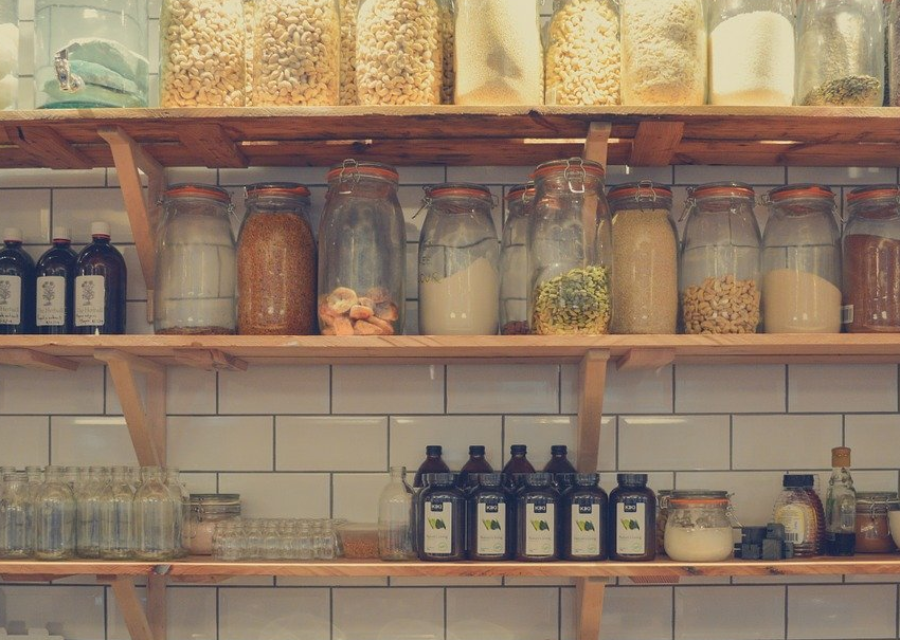Back
Food storage, waste prevention, and what to do with leftovers
Simple tips and guidance that will save you money!
We have all experienced the sadness of finding one lonely wilting carrot at the back of the fridge, or realised too late that a set of ingredients have gone off before we have even thought about what to do with them! Here’s some advice about food storage, waste prevention and what to do with leftovers…
Prevention and storage
The most important thing you can do to stop food going off is to store it correctly. Any meat, seafood or dairy products should go straight in the fridge after purchase and be returned there after every use. For hygiene purposes, raw meat (especially raw chicken) should be stored at the bottom of the fridge.
Fresh vegetables and herbs should be kept in the fridge as much as possible provided they can all fit. Often this is the first point of difficulty people face, and knowing what to prioritise going into the fridge can be very important. For the most part, root vegetables such as carrots, potatoes, onions and other hardy vegetables (like squashes) can be stored at ambient temperatures. Try to keep them out in the open instead of shoving them in a dark cupboard. It’s also a good idea to remove these vegetables from any plastic packaging as this tends to make them sweat and go off faster. As a general rule of thumb, if it’s green or colourful it should probably go in the fridge, herbs in particular will only last a few days. Fresh chillies keep well in the freezer, and in the case of birds eye and Thai chillies, these can often be easier to cut fine when they are frozen. While you will want to keep mayonnaise in the fridge, other condiments such as ketchup have such a high vinegar content that they won’t go off if kept in a cupboard. It’s also always a good idea to save jars and containers for storing other food in at a later date!
Making use of what you have
Once you have realised that an ingredient is either going to go off soon, or is on the cusp, you have a few choices. The two greatest ways of using up random bits of vegetables are in either a stir fry or a soup, both are quick and easy to make! Soups can also be frozen for a later date. If the vegetables are starting to go soft (e.g. in the way that carrots do) then putting them in a stock is a great way of using them. The stock can then be used for a soup or curry, or frozen for a later date.
Another great way to keep food lasting long beyond its sell by date is to pickle it. Pickling uses an acid (usually vinegar) alongside salt and sugar, to preserve food for months at a time. Carrot, celery and cucumber all work well.
Back

